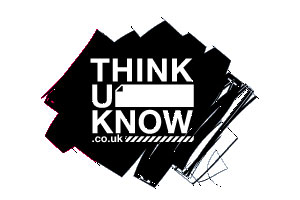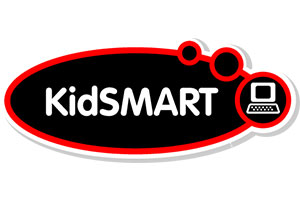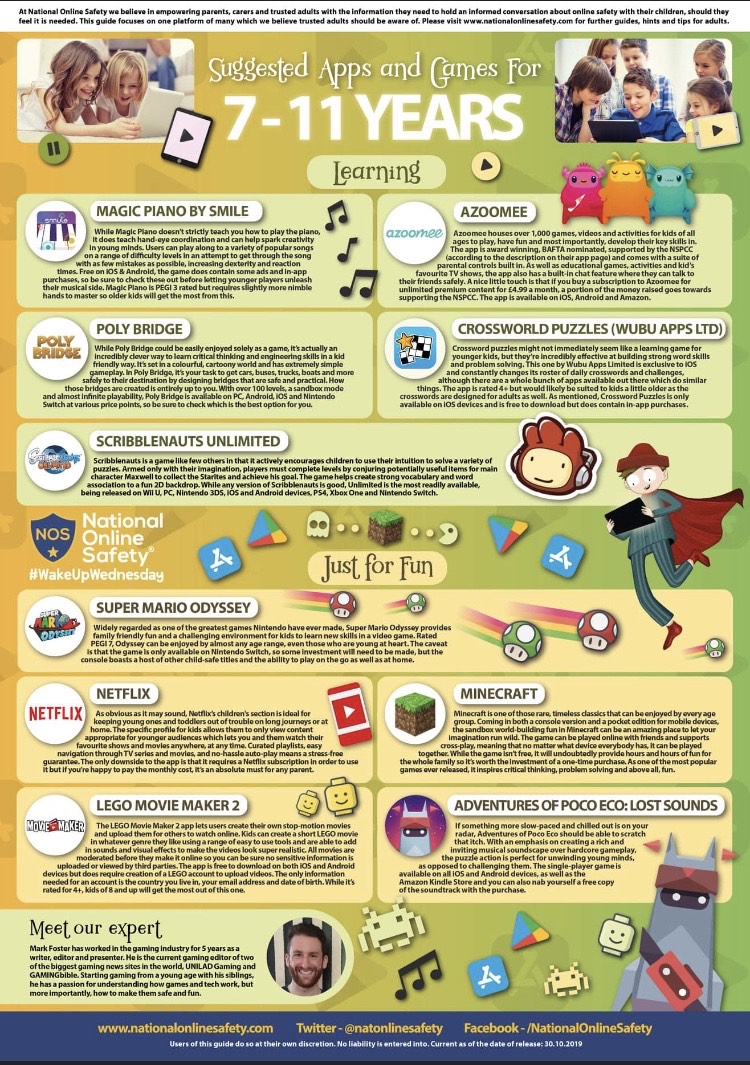# Using the Internet safely
E-safety is a very important part of keeping children safe and something we take seriously at Becket Primary School. Because of this, E-safety is taught to all pupils at all ages, clearly explaining and demonstrating how to stay safe and behave appropriately online. Likewise, to help ensure that children are safeguarded from potential dangers and unsuitable material, we have extensive security measures in place in school, which are monitored both internally and externally.
With the school currently closed to most children, much of our learning has moved online. Our resources include links to external sites over which the school does not have control, including some Youtube links. We are creating these links with the expectation that children will be supervised in their use of the Internet whilst undertaking home learning. All links are correct as of the time of publication, but we cannot guarantee that this will be the case afterwards.
We believe that we can only be successful in keeping children safe online if we work with parents to ensure the E-safety message is consistent. It is therefore important that parents speak to their children about how they can keep safe and behave appropriately online.
Search engines
Please see below for a list of child-friendly search engines. However, please also be aware that no search engine is 100% safe; these are simply ‘safer’ search engines.
Google offers a safer search option for children searching on the Internet. Find out how.
Image searching:
The below websites provide access to copyright-free images that children can use.
Pics4Learning
picsearch
Gaming:
When children are accessing games via Xbox LIVE, privacy settings can be set up.
CEOP
(The Child Exploitation and Online Protection Centre) delivers a multi-agency service dedicated to tackling the abuse and exploitation of children in the real and ‘e’ world. Often it is referred to as an online 999. By clicking on the button, young people and parents can get advice on a range of issues such as viruses, hacking and dealing with bullying online.
Vodafone have produced a Digital Parenting Magazine which informs parents about the various technologies children are accessing today. There is information on Facebook and x-box settings, jargon busting and much more.
"Thinkuknow"
The “Thinkuknow” website is brought to you by the Child Exploitation and Online Protection (CEOP) centre and provides useful information on how children of all ages can stay safe online.

Kidsmart
Kidsmart gives you lots of advice on how to stay safe online.

Internet Matters
Internet Matters is a new online portal designed for parents to access simple, easy and practical advice about online safety for their children, right through from pre-school to teens. It provides tips on protecting children from online grooming, cyberbullying, privacy and identity theft and inappropriate content. Internet Matters is a not-for profit organisation set up by BT, Sky, TalkTalk and Virgin Media.
Summary of Tips for Keeping your Child Safe Online
- Make sure that children are aware that they should never give out ANY personal details online; including name, location, e-mail or anything that could be used to identify themselves.
- Check the minimum age of games and apps that your children use. These may not be immediately obvious, but can be found on apps stores or online.
- Try to place online activity in a public part of the house where their activity can be seen and heard.
- When installing new games or apps, do this with your children so that you can help set up appropriate safety settings.
- With some games it is possible to instal child-friendly graphics options or set the game to a ‘peaceful’ level.
- Talk to your child regularly about their on screen gaming experiences.
- If using devices such as IPads, you can change the security settings so that children are unable to access content that is not appropriate for their age.
As always, we would encourage children to make the most of online technology; just to do so in a safe and sensible way.


For more information about online safety and how to protect yourself and your children, please click on the link below.


